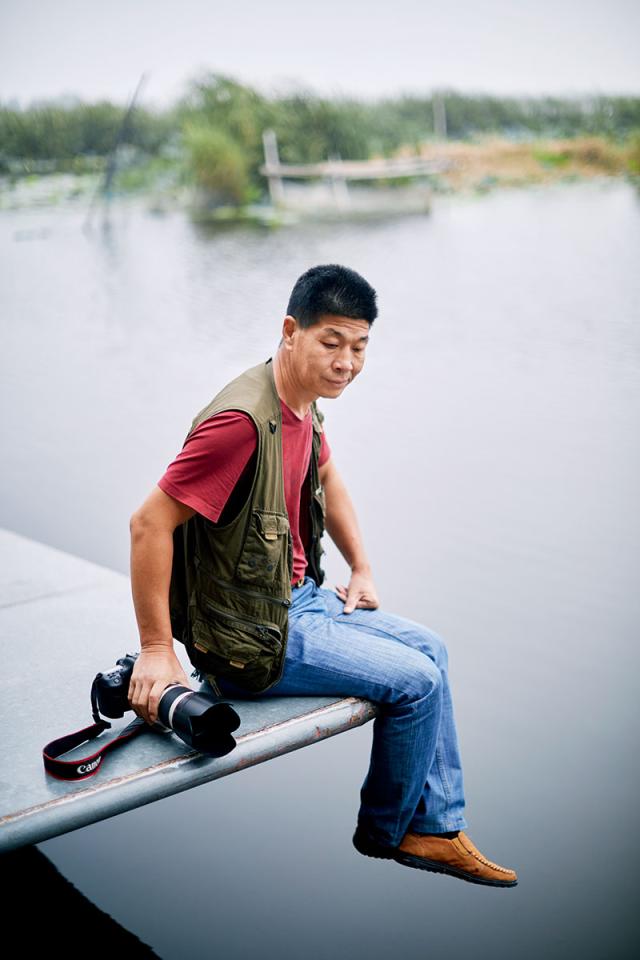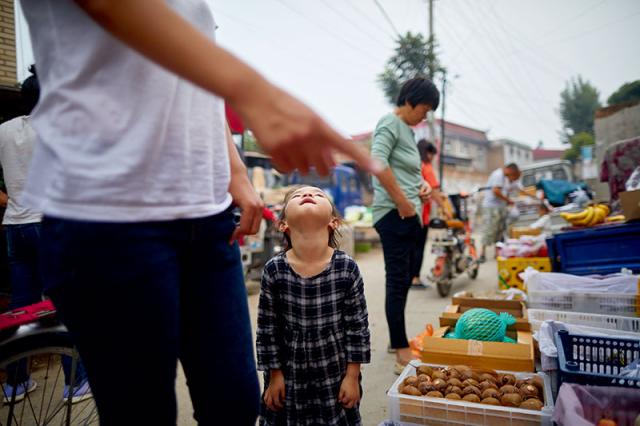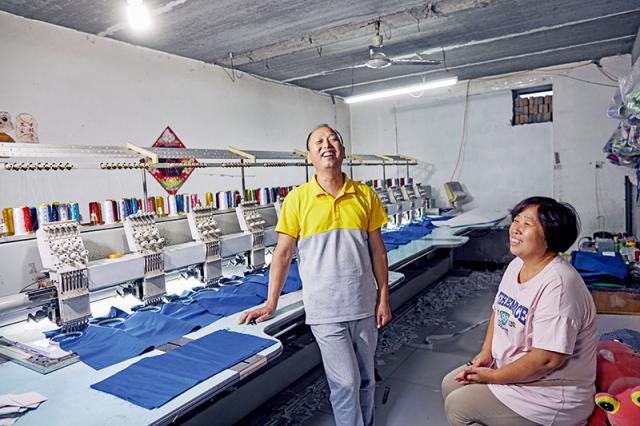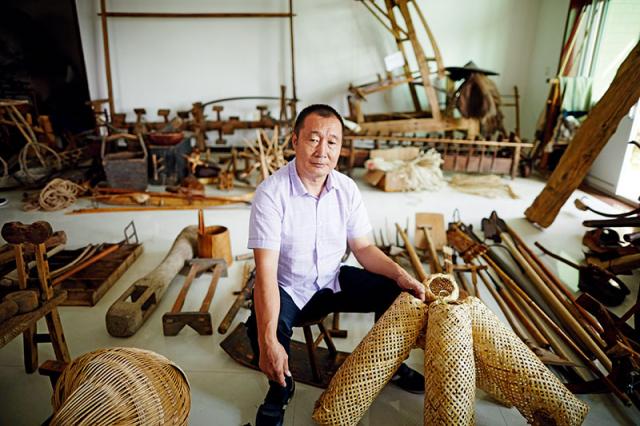Former chairman of the Society of Photographers in Baiyangdian Wetland
Every day, He gets up at 4 am to record every little detail of the village caught in the era of change.
Party Secretary of Beiliu Village
“We have become the focus of the whole country’s media. They even covered our village-level cadre elections,” Chen Kebin, the Party Secretary of Beiliu Village in Anxin county, told NewsChina. Beiliu Village, which has a population of 4,000 dispersed among 1,300 households, is seen as the launch pad of the whole Xiongan New Area project.
Chen said the April 1 announcement, which came with a residential construction ban, sparked a number of housing and land disputes between villagers. Some 32 families were mid-way through planning or building new houses. “The sudden government notice said no new housing construction was allowed, which caused problems for the villagers who needed houses for marriage, as well as those who urgently needed a place to live.” Chen remains concerned about the housing problem. “It’s irrational to have them rent houses forever.”
Another big headache for the village head are the ongoing disputes between the village authority and a number of private companies there. While land rental contracts remain in effect, new policies, including stricter pollution controls, have forced many small companies to close. “Even companies that comply with the rules are not allowed to operate,” Chen told a NewsChina reporter.
Textile business owner
Li Huqun, 48, a former soldier, started a textile business in Beiliu Village two decades ago. Dawang Town is well known for garment processing and producing construction materials. There are a large number of private clothing workshops, whose products are exported to the neighboring Russian, Vietnamese and South Korean markets.
According to Li, some 200 Beiliu households are involved in the textiles industry. But severe income gap remains a problem in the village. Most of the land held by local villagers is now worked by farmers from elsewhere.
Li is satisfied with his current life, but not yet sure what the future will hold now that the Xiongan project is underway. “After the relocation, we will no longer be able to do textile processing in family workshops. Without knowing the location of the clothing industry inside the whole region, we don’t know if we can continue our way of life. I can only wait until everything is settled and clarified before making the decision,” Li told NewsChina.
With on-the-job training offered by the local government – a program designed to train over 10,000 locals by the end of 2017 – Li has studied electronic engineering. He hopes to use this skill to find a job if forced to abandon his current career.
Tourist boat operator
“Business is weaker and the water quality is worse than before. No one is reaping the overgrown reeds. We hope the government will revitalize the environment at Baiyangdian Lake so we can draw in more tourists,” said Yang, a villager from Datianzhuang in Anxin county.
Following the Xiongan announcement, Yang spent 30,000 yuan on a new boat expecting to profit during the summer tourism season. But he told NewsChina that overgrown reeds had become a big environmental problem. A decade ago when the market for reed-based products was strong, they were harvested regularly, but that’s no longer the case. A surplus of dying reeds has led to environmental damage and eutrophication.
Liu Baoling, deputy director of the Xiongan management bureau, said well-targeted financial subsidies would create a sustainable system of reed management, harvesting and usage. Ecological technology companies have expressed interest in turning the reeds into biofuel, or using them in other ways, he said.
Shoe manufacturer
Known as the “shoe capital of northern China,” Santai Town in Anxin county has nearly four decades of history in the industry. Xiongan will put the jobs of around 150,000 shoe-industry workers in limbo. More than 500 million shoes are produced in Santai Town each year, with a total value that eclipses 20 billion yuan.
Li Guojun, who has spent more than a decade in the industry, says his company once had almost 200 employees, but that number has dwindled to around 40. Due to severe unregulated competition inside the industry, the profit earned on one pair of shoes is now no more than two yuan. Li has faced continual recruitment difficulties.
Li worries about the future of his company after the relocation project. “I’ve heard from some sources that there might be a local government outside Xiongan that would welcome a shoe manufacturing industry like ours. I hope that’s true,” he said.
Beiliu villager
Yang loves collecting the fishing gear commonly used in the Baiyangdian Wetland.
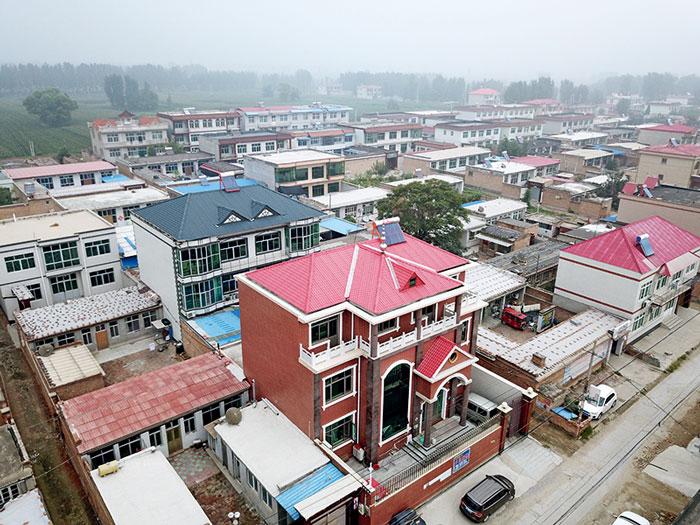
 Old Version
Old Version
